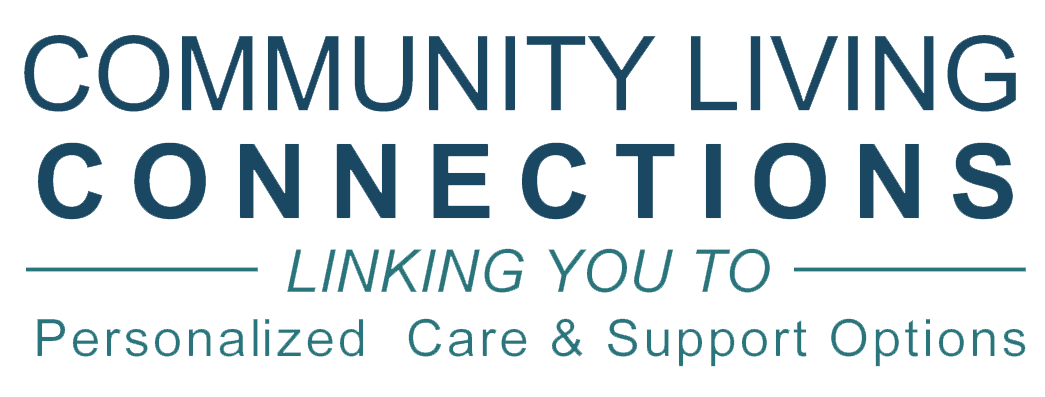Transportation

Transportation services include public buses and trains that travel fixed routes. Para-transit includes group vans, minibuses and taxis that travel routes that change. Other private transportation options include taxis and dial-a-ride services.
How can transportation services help?
Public transportation helps seniors and people with disabilities stay involved in the community. Public buses and trains often have wheelchair lifts and other devices for easy access. Other options are Para-Transit (public) or Dial-A-Ride (private) services. Dial-A-Ride and Para-Transit offer pick-up and drop-off at a person’s home and usually must be reserved ahead. Within some areas of the state, the Area Agency on Aging provides transportation services for persons 60 and over where no other options exist.
Some senior centers and adult day centers provide transportation to and from their facilities, as well as, planned trips to places such as grocery stores and medical offices.
What should I look for in transportation services?
Check with your local public transportation agencies to get schedules and fees for buses, trains and para-transit.
Search for transportation options and providers by location on the Washington State Department of Transportation website
Search the Resource Directory on this website
Ask your local senior and adult day centers about their transportation services and costs.

You may wish to print copies of the Transportation Service Checklist to evaluate and compare providers.
How do I pay for transportation services?
Local transportation services often receive federal money to serve older adults and individuals with disabilities, but you may have the opportunity to donate to the program. Public transportation has fees that are publicized.
Sometimes persons with limited income can access public transportation at a reduced cost. Transportation provided by a senior or adult day center is usually free or inexpensive.
Connect with Your Local CLC.
Washington’s Community Living Connections staff are available to help you explore your options to meet your current needs or create a plan for the future.Connect now
WDO Transportation Website
Use the Washington State DOT website to learn more about options in your area.
Connect



